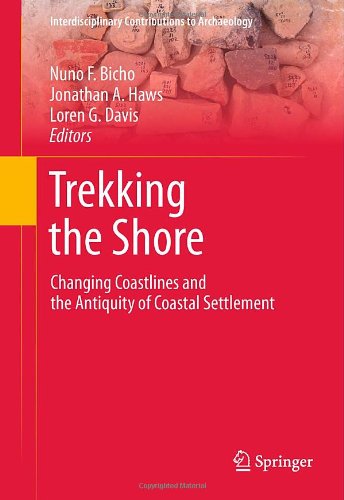

Most ebook files are in PDF format, so you can easily read them using various software such as Foxit Reader or directly on the Google Chrome browser.
Some ebook files are released by publishers in other formats such as .awz, .mobi, .epub, .fb2, etc. You may need to install specific software to read these formats on mobile/PC, such as Calibre.
Please read the tutorial at this link: https://ebookbell.com/faq
We offer FREE conversion to the popular formats you request; however, this may take some time. Therefore, right after payment, please email us, and we will try to provide the service as quickly as possible.
For some exceptional file formats or broken links (if any), please refrain from opening any disputes. Instead, email us first, and we will try to assist within a maximum of 6 hours.
EbookBell Team

4.0
86 reviewsHuman settlement has often centered around coastal areas and waterways. Until recently, however, archaeologists believed that marine economies did not develop until the end of the Pleistocene, when the archaeological record begins to have evidence of marine life as part of the human diet. This has long been interpreted as a postglacial adaptation, due to the rise in sea level and subsequent decrease in terrestrial resources. Coastal resources, particularly mollusks, were viewed as fallback resources, which people resorted to only when terrestrial resources were scarce, included only as part of a more complex diet.
Recent research has significantly altered this understanding, known as the Broad Spectrum Revolution (BSR) model. The contributions to this volume revise the BSR model, with evidence that coastal resources were an important part of human economies and subsistence much earlier than previously thought, and even the main focus of diets for some Pleistocene and early Holocene hunter-gatherer societies.
With evidence from North and South America, Europe, Africa, Asia, and Australia, this volume comprehensively lends a new understanding to coastal settlement from the Middle Paleolithic to the Middle Holocene.